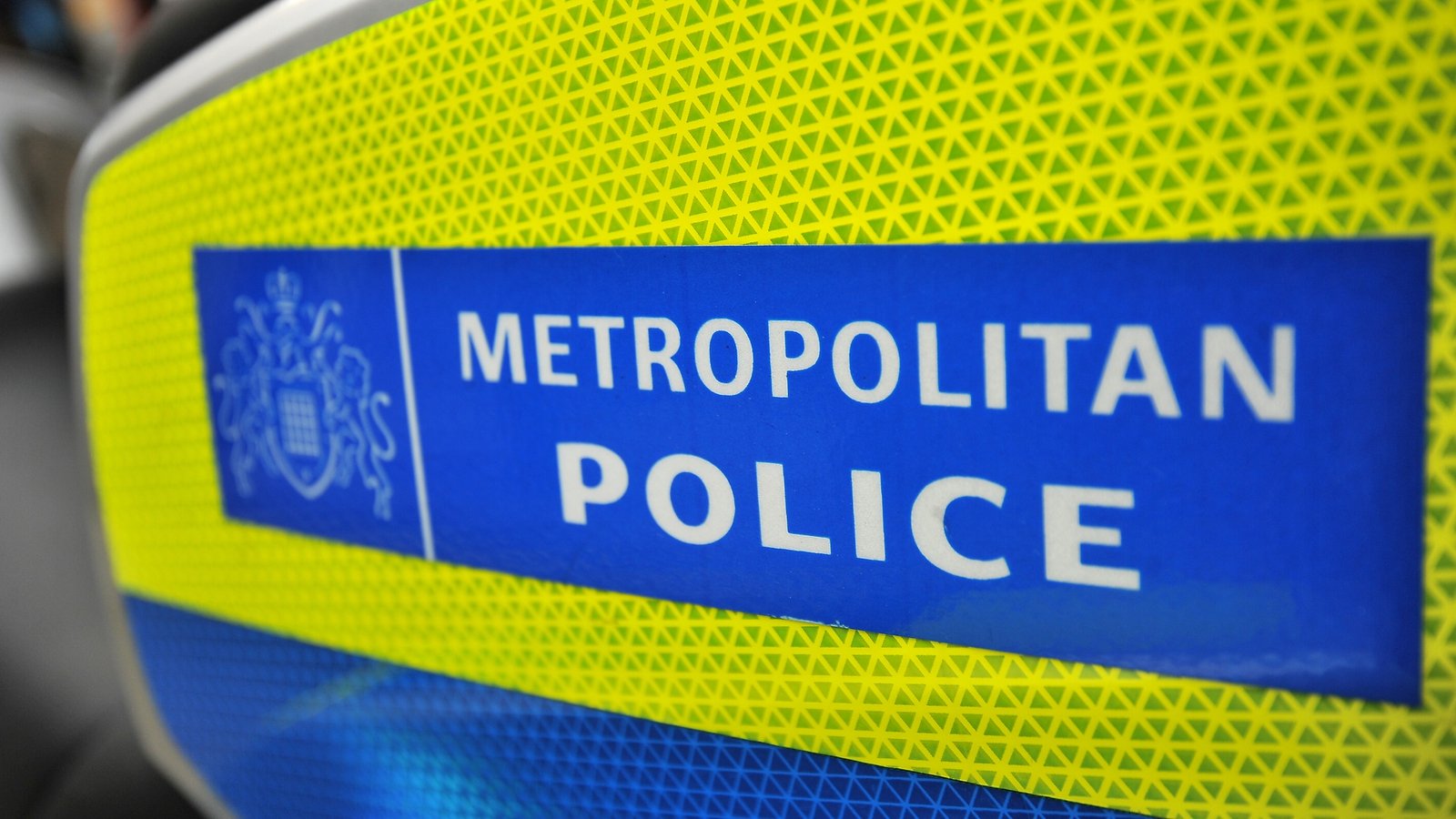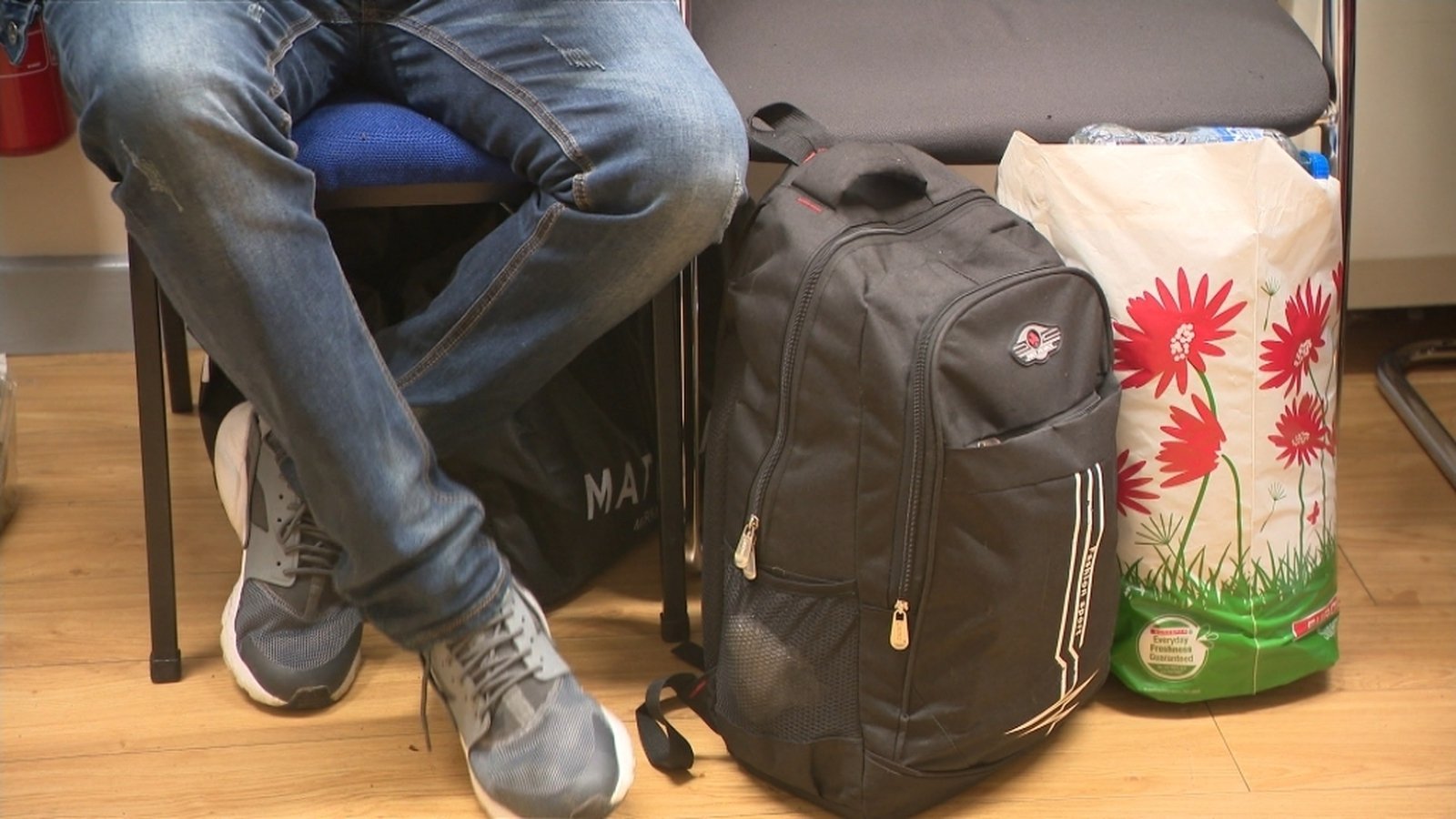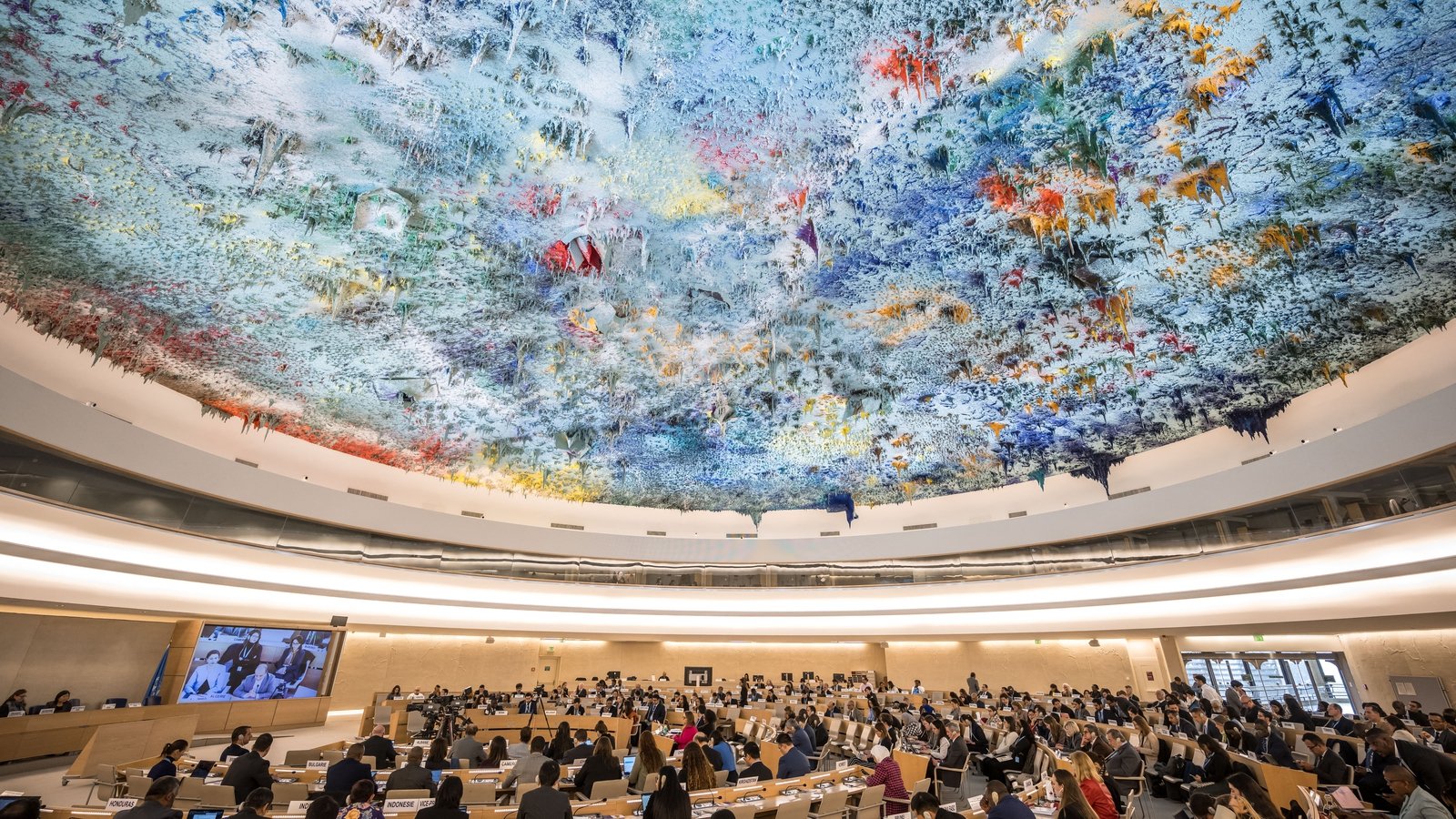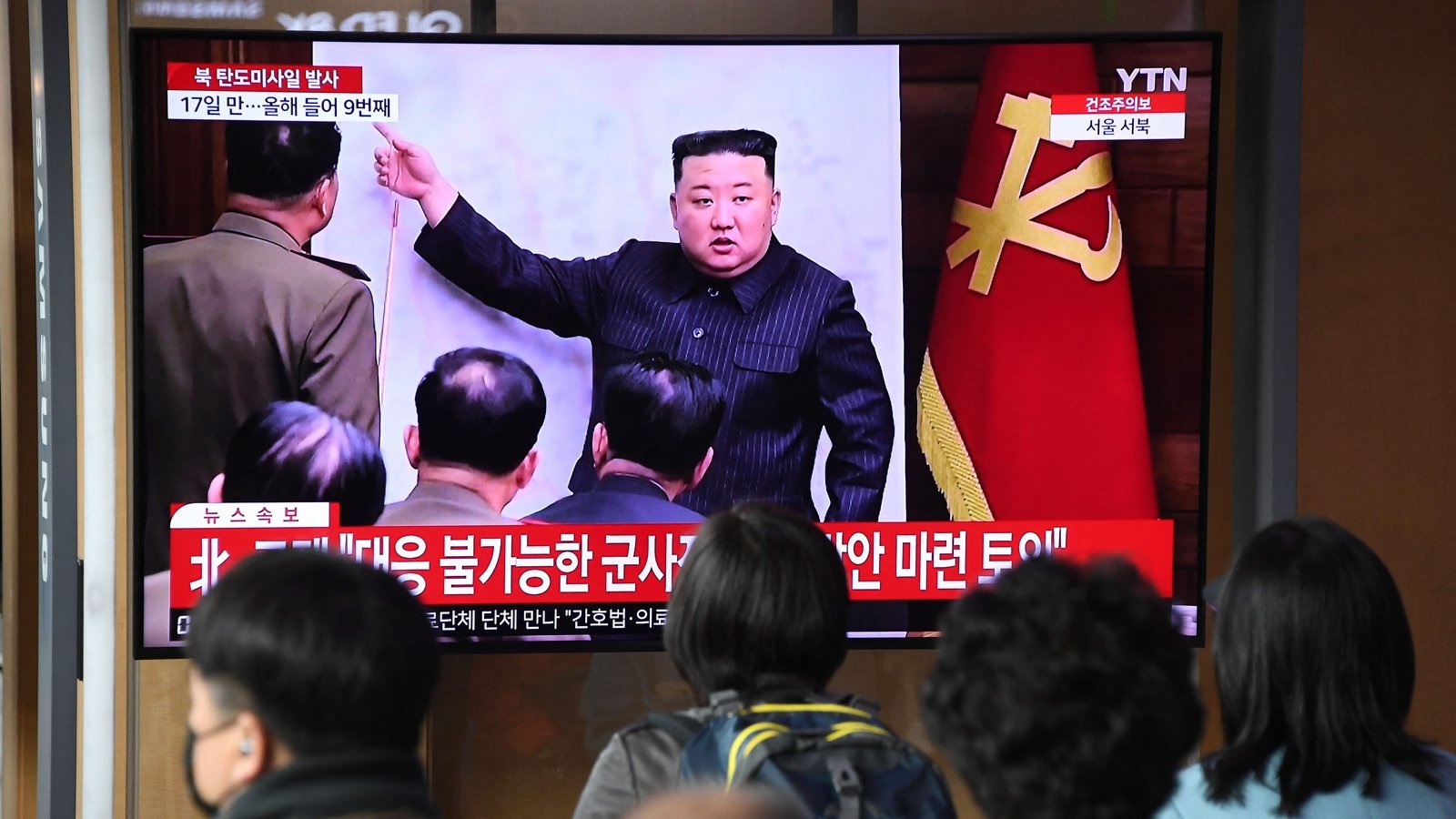Key items on the political agenda for 2024
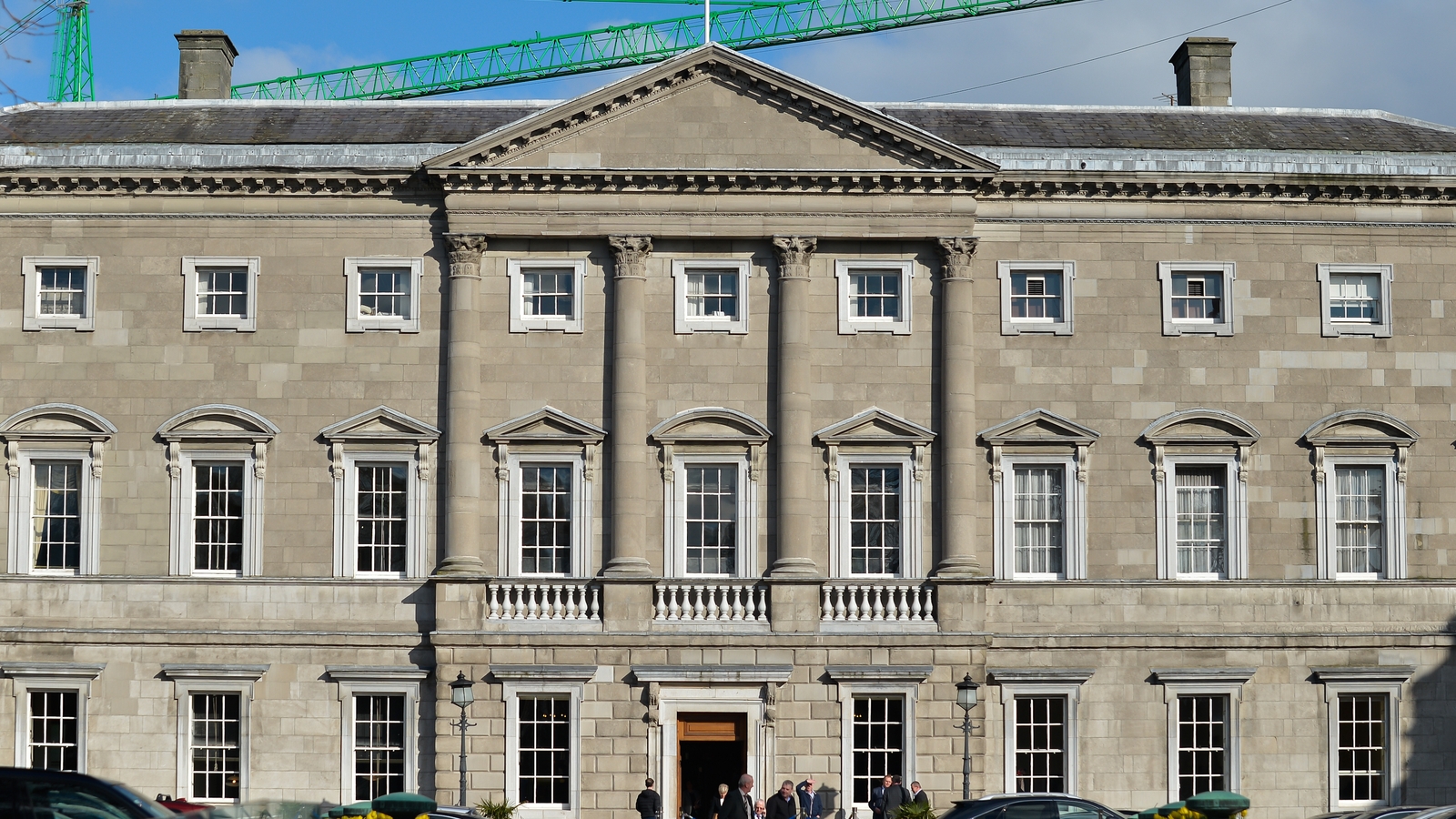
Much like waiting for a bus that never arrives, suddenly they all come at once.
2024 will see a number of big events for the electorate and while it’s not pencilled in at present, speculation is rife in political circles that a General Election could be one of them.
Here are some of the big ticket items on the political calendar for 2024.
Referendum on women’s duties in the home
The referendum on women’s duties in the home was originally scheduled to take place in November 2023. However, the wording for the referendum was not finalised in time so it had to be postponed.
It’s now scheduled for 8 March 2024. Voters will be asked two questions.
One of those questions will be on expanding the definition of family, which will say that families can be founded on marriage or on other durable relationships.
There is also a proposal to remove a reference to marriage being an institution “on which the family is founded”.
The other question will deal with the removal of the reference to the role of women in the home. Instead is will propose to replace it with new words to recognise the role of care within families.
This has proven problematic for some in opposition, who believe the role of care should be expanded beyond families.
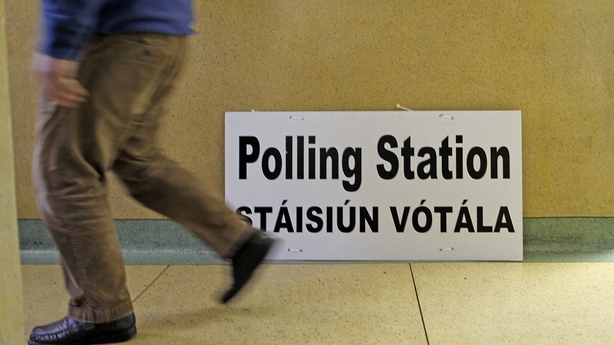
Labour leader Ivana Bacik, who chaired the Oireachtas Committee on Gender Equality, believes that care provided within the community should also be recognised. Her party has not yet indicated if she will support the Government’s proposed constitutional changes.
Many in Government believe that the support of both opposition parties and civil society groups is crucial to get both referendums passed.
“We are ultimately going to have to pull together on this, because this is not a referendum for which the outcome can in any way, shape or form be taken for granted,” Minister Simon Harris told RTÉ’s Your Politics Podcast.
Low voter turnout is also a concern. Labour’s Aodhán Ó Ríordáin told the same podcast that if there is no “energy” or “enthusiasm” around changes to the care provision in the constitution, this risks poor voter turnout and a rejection of the referendum.
Local/European Elections
They may be over six months away, but work has already been under way for sometime ahead of the local and European elections in June.
Parties have been choosing candidates for both elections. These conventions will continue again in the new year.
The local elections can provide an opportunity for parties to test the temperature of the public, ahead of the General Election.
Many will expect Sinn Féin to perform significantly better than it did in 2019, when the last elections were held. The party only received around 9% of the overall vote. Given the strong performance of the party in opinion polls since then, many would expect that it should take significantly more council seats.
Separately, many backbenchers in Fine Gael believe that a poor local election for the party could put their leader, Taoiseach Leo Varadkar, in a precarious situation. Nevertheless, at present Mr Varadkar is set to lead the party into another General Election.
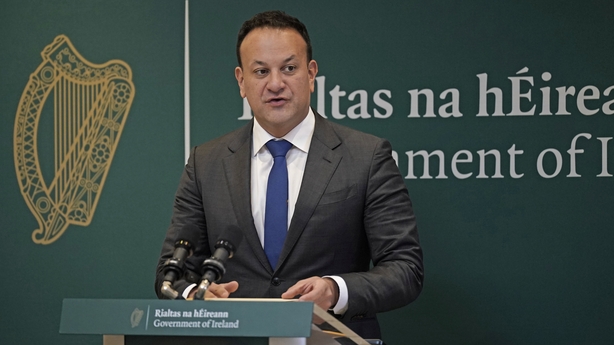
The European elections will take place on the same day. Eleven of the current 13 MEPs have indicated that they will seek reelection. Frances Fitzgerald and Deirdre Clune of Fine Gael will not be seeking another term.
A number of high-profile Government TDs are also in the mix for a possible move to Brussels/Strasbourg. They include Barry Cowen of Fianna Fáil, Colm Brophy of Fine Gael and his party colleague, Minister of State, Josepha Madigan.
Should any of them be successful it would reduce the Government’s majority in the Dáil and force a by-election in their constituencies.
Add into the mix the expectation that a Fianna Fáil Minister will likely be appointed as Ireland’s next EU Commissioner following the European Elections, and speculation that Minister Paschal Donohoe may be interested in a move to lead the International Monetary Fund (IMF), some believe it could force the Government into calling a General Election sooner rather than later, given that its majority in the Dáil is already slim.
However, Minister Harris argues that “the opposition could well see people elected from the Dáil to the European Parliament, so the impact that all of these things could or could not have remains to be seen”.
Patent Referendum
This is an event unlikely to excite too many people. Ireland must hold a referendum to decide on whether it wants to join the EU’s Unified Patent Court system, which seeks to harmonise patent rules across member states.
Government parties argue it could deliver significant savings for businesses in Ireland, by allowing them to defend or challenge a patent via a single litigation process rather than legal action in each individual member state.
However, a date for this referendum has not yet been finalised. It’s expected that the Cabinet will make a decision on when to hold it in early next year – the local and European elections are seen as a potential date.
Directly elected Mayor
The people of Limerick will be asked to elect a mayor in June. The election is due to take place on the same day as the local and European elections. This will be Ireland’s first directly elected mayor and comes about following a plebiscite over four years ago, in which people in Cork and Waterford were also asked if they would like a directly elected mayor. Ultimately only the people of Limerick supported the proposal.

Legislation to give effect to the position was passed by the Dáil before Christmas and has been brought forward by Minister of State Kieran O’Donnell, who also happens to be a Limerick City TD.
Under the legislation, the current two-pillar structure of Limerick City and County Council will be changed to a three pillar structure. As part of this arrangement, the directly elected mayor will takeover the executive functions of the local authority. The chief executive will become a director general and the locally elected councillors will remain in place. The new directly elected mayor will be accountable to them.
General Election?
Technically a General Election does not have to be held until March 2025. All coalition party leaders have also indicated that they would like to see this Government run its full term. However, as mentioned earlier, events may scupper such plans.
There is speculation that significant changes to Dáil arithmetic after the European Elections might push Government leaders to opt for an early election, rather than fighting individual by-elections which can often prove more challenging for Government parties to win.
Speaking to the “Your Politics” podcast, Labour’s Aodhán Ó Ríordáin says rumours are circulating within Leinster House that the Government might opt for an early General Election.
“The economic situation has maybe cooled a little bit, so therefore the Budget might not be as generous as maybe previously thought, there isn’t the sense that there will be a Budget bounce for the Government because there wasn’t a Budget bounce after the last Budget and also if you go earlier you’re more in control,” he said.
Given that Sinn Féin performed relatively poorly in the last local and European elections in 2019, there is an expectation too that the party will receive a significant increase in seats in June, giving it a further injection of energy.
Ultimately, it is a matter for the Taoiseach to decide on when the country goes to the polls, however given the make-up of this current Government, one imagines the two other coalition leaders will have a say.

